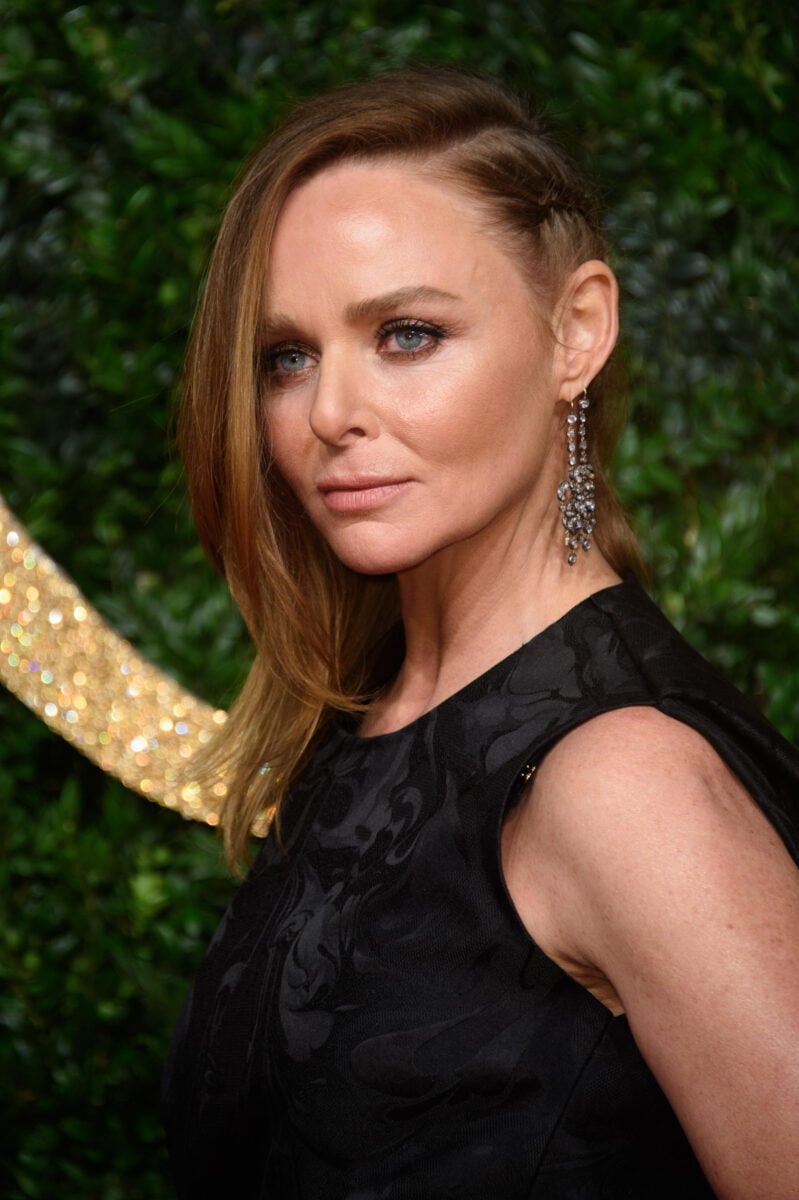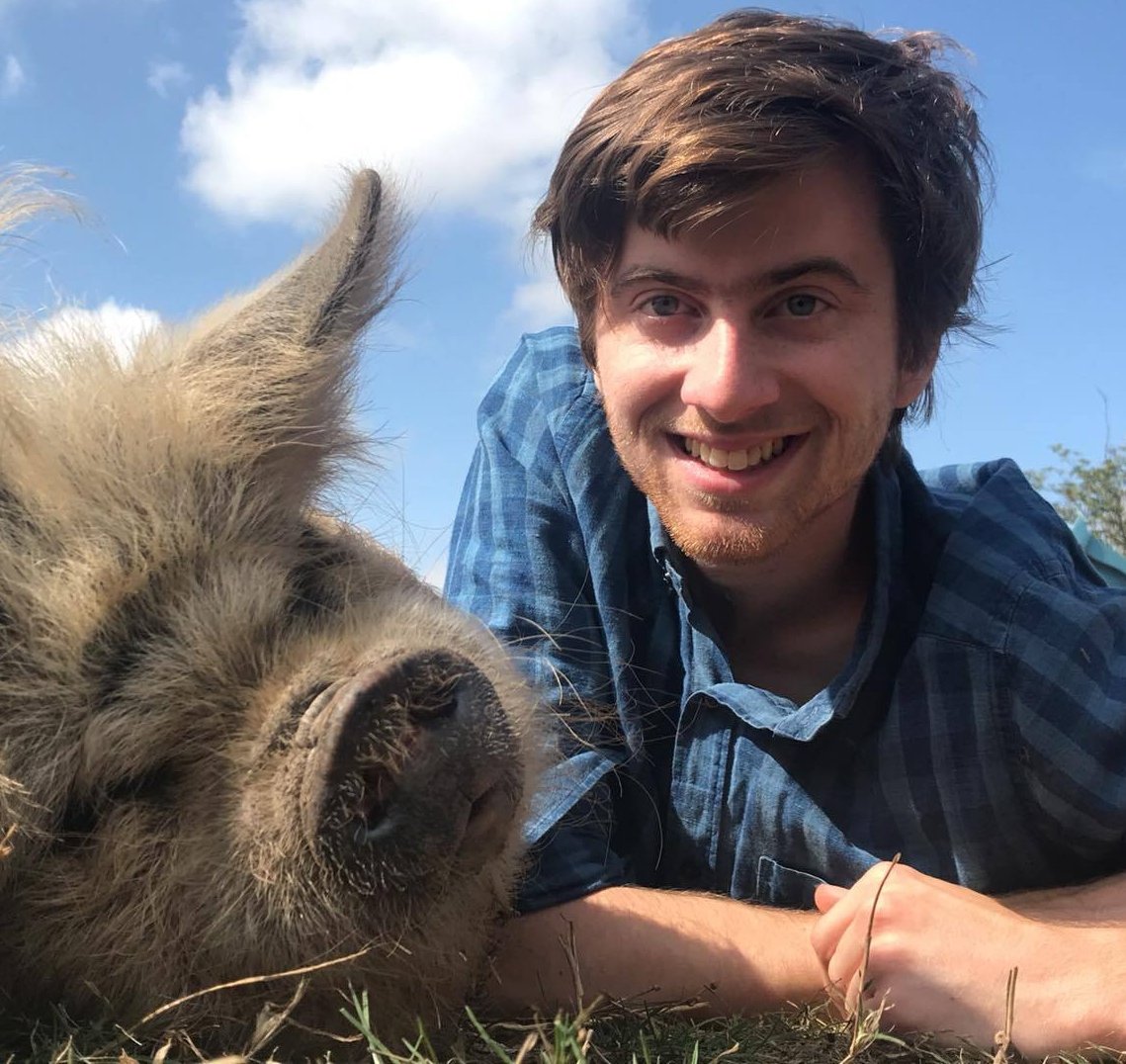Fashion designer Stella McCartney discussed the ethical and environmental costs of the fashion industry while at COP28 earlier this month.
McCartney, who has long been vocal in her disdain for leather and fur, urged other designers to ditch animal materials and move to more sustainable plant-based alternatives
“There is a better way for the future of fashion,” she told Plant Based News founder Klaus Mitchell in an interview at the climate conference in Dubai.
Reflecting on the environmental and ethical impacts of fashion, McCartney explained how her brand is trying to find better solutions for the planet.
“There are so many bad things in my industry,” she said. “I’m trying to gently nudge people and open their minds.”
McCartney was at COP28 to showcase Stella’s Sustainable Solutions, a series of plant-based alternatives to harmful fashion products.
Environmental impacts of fashion
The fashion industry – and its use of animal products – is having a major environmental impact.
McCartney is a key voice in the industry calling out the harms of animal fashion. While she mostly avoids animal products, she does use some wool and silk in her collection. “We don’t use leather, feathers, fur,” she said. “And that has the biggest effect on our environmental impact in a positive way.”
“I don’t know if I would still be doing fashion at this stage in my career if it were not for the really truly meaningful important role I now play here in trying to bring awareness and information to the consumer,” she added.
Leather is not a byproduct
McCartney, who has been heavily investing in leather alternatives over the last few years, also slammed the commonly held belief that animal leather is an innocent byproduct of the meat industry. “It’s just sheer nonsense,” she said. “I’m here to let people know that’s a lie that’s been created by the meat industry and leather boards.”
Leather is responsible for the deaths of more than one billion animals each year, many of whom are factory farmed. It’s a hugely lucrative industry in its own right, meaning many people consider it a “coproduct” rather than “byproduct” of beef and other meat.
McCartney – and many others championing plant-based alternatives – have received some pushback about the sustainability of some vegan leather alternatives. Yet, leather is disastrous for the environment. Livestock farming uses vast amounts of land and farming cows is responsible for around a third of human-caused methane emissions.
McCartney spoke about a new plastic-free leather alternative being shown off at her COP28 display. Made from rubber, MIRUM is said to be a scalable vegan leather.
Pushing for policy change

At COP28, McCartney was showcasing “the future of fashion.”
She also spoke about her optimism that the fashion world is changing, saying: “There’s a lot of greenwashing, unfortunately. But I think there is change happening slowly and I think that something’s better than nothing.”






